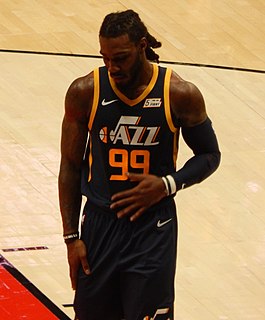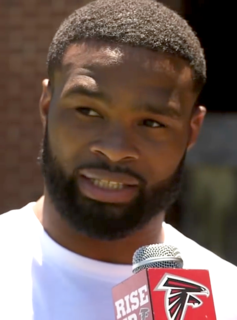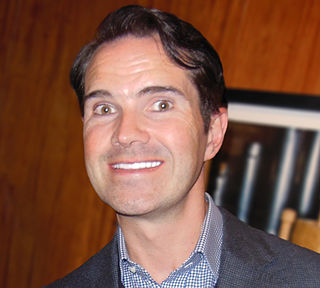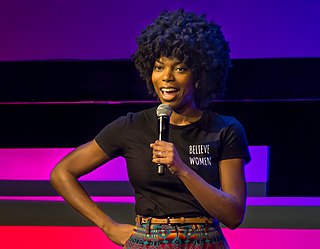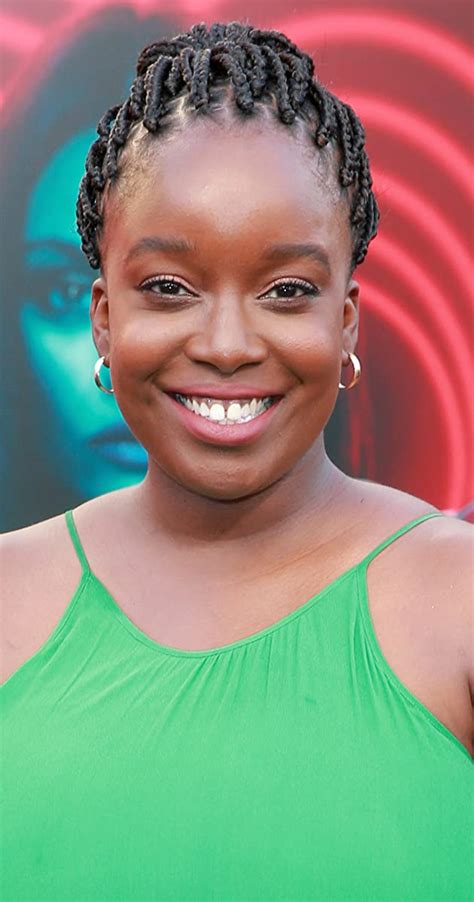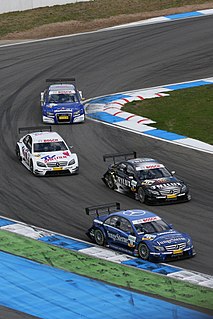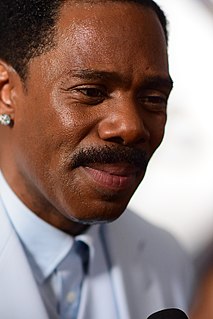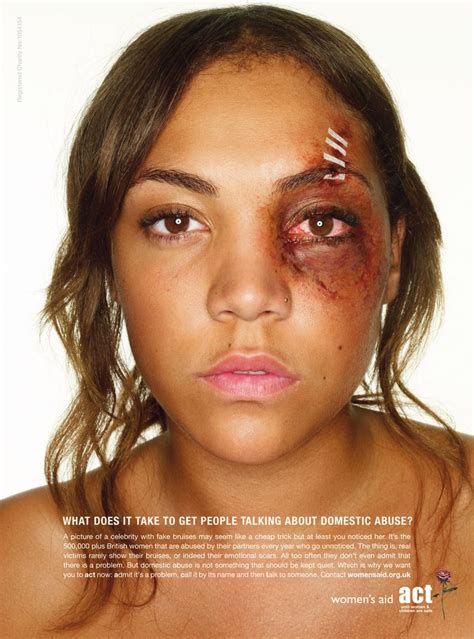A Quote by Jae Crowder
I've never had any problem with race in Boston, so I don't even want to talk about that. I never said anything about race.
Related Quotes
In the past, I said I didn't want to speak on certain issues because the second I said one thing about race, then 'Tyron's playing the race card.' But if you really think about it, what is the race card? The race card is that the man held me down, I had unfair circumstances, and I wasn't able to be successful because I was held down.
It's the culture, not the blood. If you can go anywhere in the world and adopt these babies and put them into households that were already assimilated in America, those babies will grow up as American as any other baby with as much patriotism and love of country as any other baby. It's not about race. It's never been about race. In fact the struggles across this planet, we describe them as race, they're not race. They're culture based. It's a clash of culture, not the race. Sometimes that race is used as an identifier.
I have compromised down the line. I've disliked it intensely in the old days when you were trying to talk race relations and they would not allow you to talk about the legitimacies of race relations. In the old days, you didn't talk about black, you talked about Eskimo or American Indian, and the American Indian was assumed not to be a problem area.
Regarding the idea of race, .. no agreement seems to exist about what race means. Race seems to embody a fact as simple and as obvious as the noonday sun, but if that is so, why the endless wrangling about the idea and the facts of race. What is a race? How can it be recognized? Who constitute the several races?.
I hired a publicist once I got cast in 'Passing Strange,' and one of the first conversations we had was about how I wanted to handle talking about my sexuality. I said, 'It's never been an issue for me. I want to talk about my work, but if something about myself relates to my work, of course I'll talk about it.'
